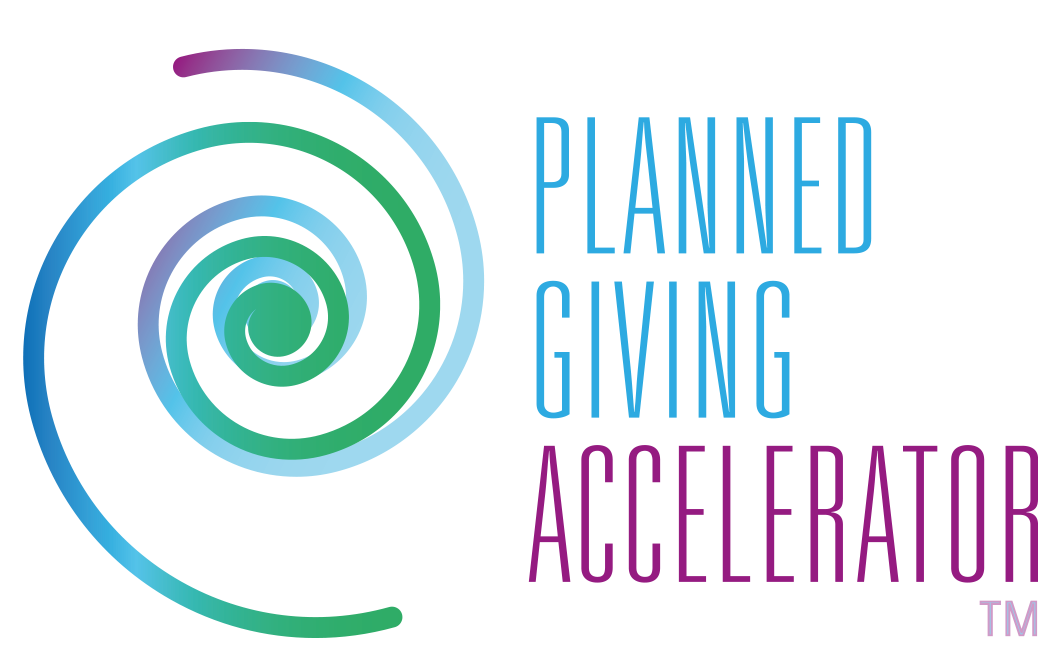National Make-a-Will Month can serve as a strong motivator for fundraisers to focus on what they believe will be the fastest path to Planned Giving success.
Often that path leads them to spend a lot of time trying to cultivate relationships with “allied professionals” who specialize in the estate planning process. You know… the lawyers, financial planners, and accountants who offer advice and services to clients planning their estates, including creating or updating wills.
There’s certainly some logic behind this approach. The thinking goes that these advisors will encourage their clients to include your nonprofit in their long-term plans.
But through my years in Planned Giving, I’ve found that this logic doesn’t lead to strong results for newly-minted Planned Giving programs.
There are better ways to use your time. Much better.
For starters, developing meaningful professional relationships doesn’t happen overnight, so the process can require a significant investment of time, and, if you’re picking up lunch tabs, money.
That time and money are much better spent talking directly to your potential planned gift donors about including your good work in their wills.
Here’s the first reason why: Most people are seeking professional advice on how to give, not where. They’re asking, “Should I use my will, as this org has asked, or is there a better way?”
Think of your own situation. Do you need advice on where to give? Don’t you have more charities in mind than you can afford to support?
When folks are working with an advisor, the focus is largely on the financial and logistical nuts-and-bolts of estate planning. Charitable giving may very well be part of the conversations, and rightly so, but not, “Where should I give?”
Secondly, the advisors in your community or city likely aren’t being courted by you and you alone. Because conventional wisdom often drives fundraisers to try to build and foster these relationships, these allied professionals have no trouble filling their calendars. But will your work be top of mind when their rare client does seek advice on specific charities?
So what’s the better use of your time? Go right to the source. Book your calendar to cultivate relationships with your most loyal donors, not lawyers and other advisors. A meaningful conversation with a donor who cares deeply about your mission is never wasted time, even if it doesn’t result in a bequest commitment.
And when it does, your donor simply connects with their advisor/attorney/accountant and directs them to do anything required to make sure their charitable wishes will be honored.
You see what we did there? We cut out the person in the middle – at least initially – and, in the process, built or expanded a relationship with a donor that is truly meaningful, and focused on the legacy they hope to leave.
Of course, all of this is not to say that you should completely ignore the potential for allied professionals to play a role in your early Planned Giving efforts. If you have existing relationships by all means foster them. And make the most of organic opportunities such as community events or meetings to plant some seeds.
But, for the most part, you’ll be much better off – more efficient and successful – if you focus your efforts on mining your donor list, not the local business directory.


